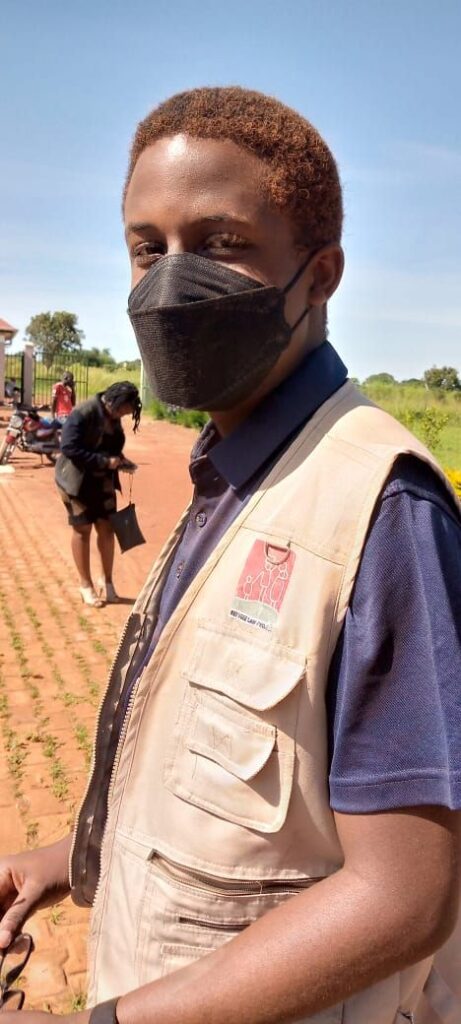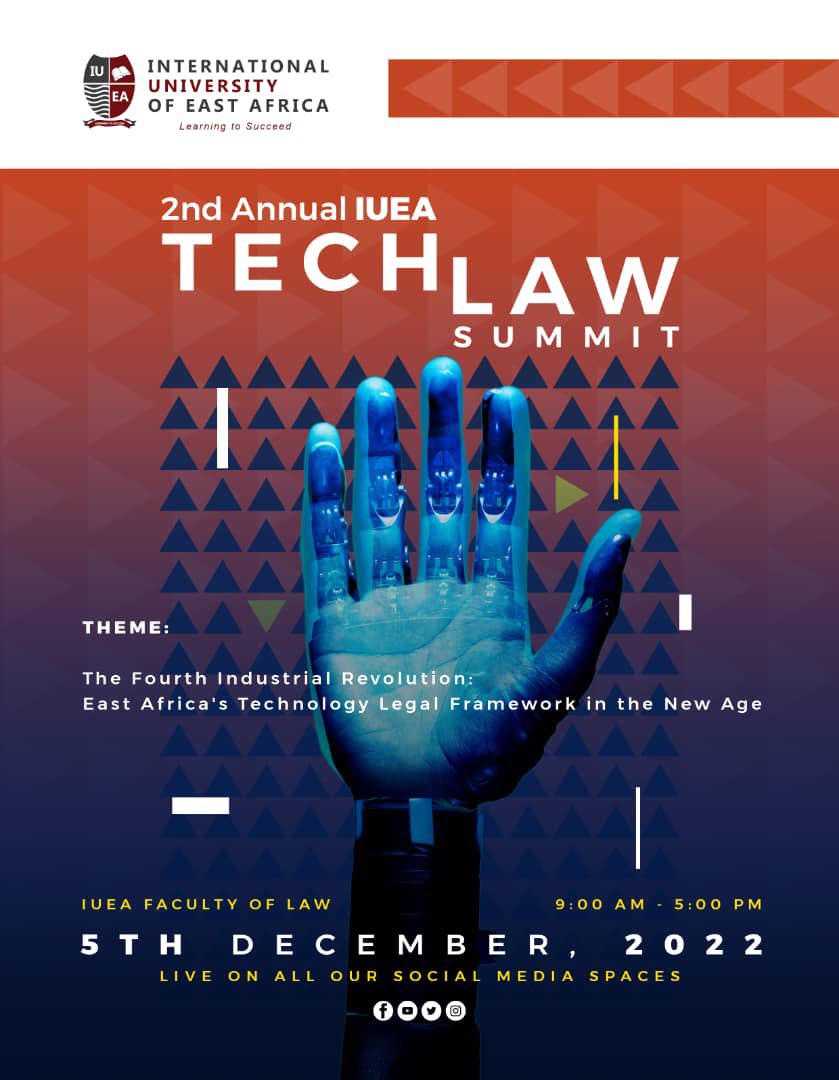There is a hesitancy with which we normally treat and approach our most defining moments as individuals. That second thought before you make a life-changing decision.
Former American first lady Michele Obama, whom many look at as an icon, has opened up in her memoir, Becoming about the danger of self-doubt when we are faced with a momentous call to action.
This describes the weight of this simple human emotion that dominated me while I contemplated applying for the Clinical Legal Education (CLE) of 2022.
Like many other applicants, I viewed with a lens of reverence the 10-year-long success of the Public Interest Law Clinic (PILAC), which birthed the CLE program.
The thought that the clinic has for the last decade transformed several alumni in ways, they could never imagine greatly moved me.
Like former US president, Obama, I said Yes, I can. In hindsight, this decision was to expose me to a myriad of learning, unlearning and relearning opportunities that I will carry with me as an aspiring lawyer.
In this reflective essay, I share the key moments and lessons like the willingness to take risks, the need for law students to open our lenses to the world and not to narrow it, together with how my CLE journey has buttressed my understanding of age-old notions like community, justice and service.
– article continues after AD below-
A Journey of Transformation: My Key Lessons and Moments.
The first and perhaps most important takeaway from my journey is that I’ve got to be willing to take risks sometimes in my practice of the law.
Because in taking risks, you change yourself and the world around you. Among the first interactions, we had in the CLE class concerned the threats and opportunities in the Human Rights Enforcement Act for Public interest Litigation.
Mr. Arthur Nsereko went at length in painting for us a picture of the often unrecognised power dynamics surrounding social justice movements, the long walk to the justiciability of human rights and the general foot-soldier-like job of a public interest lawyer.

It is no walk in the park since it involves concerted efforts at nudging and arm-twisting those with the coercive tools of the state into conceding rights for the people.
It is a discomforting job and yet incredibly fulfilling when one considers the multitudes of generations that can benefit from a single individual’s efforts.
From Martin Luther King to Nelson Mandela, the risk of pursuing public interest causes is seen impacting not just the individuals but posterity too. This to me, seems a worthy enough incentive.
The lesson of risk in our pursuits as young lawyers was seen in my internship/field attachment to the Refugee Law Project (RLP), Lamwo field office.
It is within our nature as humans to derive more comfort in familiar places. And the idea that a strange land can be home to us often is received with jittery instincts.
– article continues after AD below-
The furthest I had ever used the road to Lamwo was up to Kawempe, a Kampala suburb. And yet, here I was being required to travel an 8-hour journey for a six-week experience under the field attachment.
I honestly did not know what to expect but my colleagues and I derived our safety from the thought that we would thrive no matter where the location was.
This positive attitude greatly made a difference. But for the space issues, I’d go at length narrating the bizarre night time drive to Palabek Kal, where the RLP office is found, after hours of getting lost in the villages under the night’s cloak.

This experience alone left me with more lessons than I had ever fathomed.
My CLE journey has further taught me to “open my lens on the world, not narrow it.”
Former US presidential candidate and law professor, Elizabeth Warren, while speaking at a Harvard Law School Commencement celebration for the Classes of 2020 and 2021, coined this phrase.
– article continues after AD below-
Admittedly, the profoundness of this simple but not simplistic phrase had never occurred to me until I got accepted into the CLE class of 2022.
The vital question this raises is the role of law in our communities. Under the program, every weekly Tuesday from 19th July to 16th August was community day.
In a deliberately tailored nature, we had interactions with nearby slum communities on issues ranging from the succession law impact on women, the role of Local Councils (LCs) in the community, children’s rights, human trafficking and employment law among others.
It felt to me like my bubble burst open when I discovered the glaring differences in reality between the law as it is taught and the realities of the people for whom the law is drafted.
A lawyer’s tool is the law and with its relevance flows a lawyer’s relevance to the communities. Of what use would one require a commercial lawyer if the commercial laws were not in effect?
It has become clear to me after a year under the program that detachment of legal education from the legal, social and economic realities of the people will only render me irrelevant to the community.
– article continues after AD below-
Therefore, we need in our crafting of the legal syllabus to emphasise the role of the law in development, in building communities and in sustaining us as a people pursuing life, liberty and happiness.
My understanding of age-old notions like justice and how is understood by different communities has also been buttressed in my CLE journey.
At the mention of the word justice, the image of a judge pronouncing a ruling/judgement for or against a party in the deepest and most distinguished manner would always surface.
Perhaps a lawyer firmly sharing his client’s arm with fulfilment at the reading of how much damages or costs have been awarded.
And yet, here I was doing my internship in the community of Lamwo where restorative justice mechanisms offer more utility to the people.
The forgiving and restoring face of the law had never occurred to me as much as it did when I experienced the mediation sessions conducted by the RLP team in the communities of Palabek refugee settlement.
– article continues after AD below-
I learned that there lies more value in promoting and regulating the law as a tool of forgiveness rather than always rushing to the court’s retributive justice mechanisms that dominate the civil procedure classes I attended at law school.
From bridging burnt ties between parties to uniting war torn communities, I have since learnt that the future of the law’s relevance might as well lie in how well it can facilitate forgiveness and reconciliation.
When all is said and done, I will leave the program with ever-lasting lessons on community, the role of the law, life lessons like the value of risks and a never-ending desire to pursue the public interest in my legal career.
I remain forever indebted to the conveners of the CLE program for giving me some of the most impact days of my career. Asante sana.
Christopher Percy Mpindi is the President of Makerere Law Society, President of Uganda Law Students’ Association and a Final year Law Student.








More Stories
The Georgia runoff looks very tight – politicalbetting.com
Wells Fargo Active Cash Card Review
Pele: Brazil legend says he is ‘strong with a lot of hope’